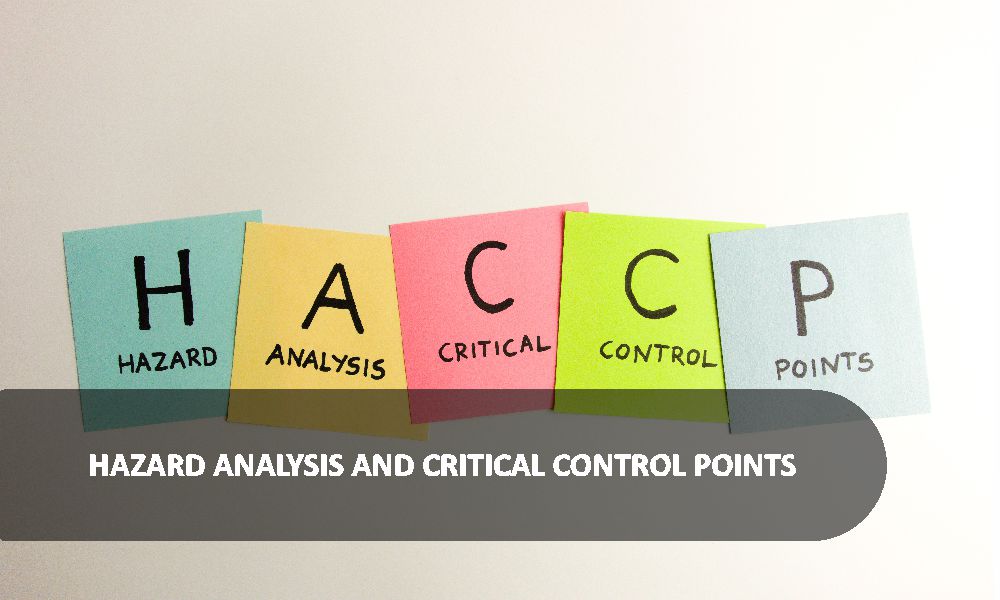
Aims:
To ensure food safety: Equip participants with the knowledge to implement HACCP principles effectively in order to ensure food safety and prevent foodborne illnesses.
To comply with regulations: Provide an understanding of food safety regulations and international standards, including those laid out by the Codex Alimentarius Commission.
To promote proactive risk management: Teach participants how to identify, assess, and control hazards throughout the food production and handling process.
To enhance quality control: Encourage continuous monitoring and improvement of processes to maintain food quality and hygiene standards.
Objectives:
Understand the principles of HACCP: Familiarize participants with the seven principles of HACCP and their application in food safety management.
Perform hazard analysis: Equip participants with skills to conduct thorough hazard identification and analysis in food production.
Develop and implement a HACCP plan: Teach participants how to design, document, and implement an effective HACCP plan for their organization.
Establish critical control points (CCPs): Help participants identify CCPs in food processes where control is essential to ensure safety.
Conduct monitoring and verification procedures: Train participants in effective monitoring of CCPs and verification procedures to maintain food safety.
Handle corrective actions: Teach the appropriate responses to deviations from the HACCP plan, ensuring corrective actions are taken.
Maintain documentation and records: Provide knowledge on maintaining the required HACCP documentation and records to ensure compliance and traceability.
- Teacher: AIMS MARITIME

